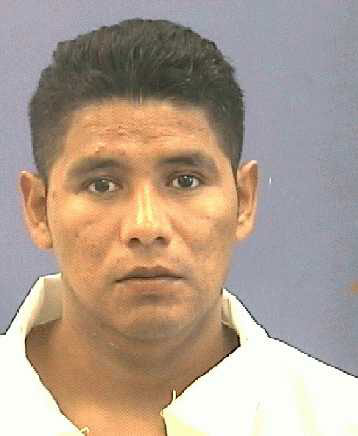
The House of Lords’ Select Committee on Gaols and Houses of Corrections in 1835 considered, among other issues, suppressing prisoners’ communications. William Crawford, a leader of the Prison Discipline Society of London, had written a book on U.S. penitentiaries. Crawford advocated strict suppression of prisoners’ communication.^
Consistent with Crawford’s concern for suppressing prisoners’ communication, another official of the Prison Discipline Society of London proposed similar conditions to the Lords’ Select Committee. But this official explicitly made provisions for exceptions:
That convicted Prisoners be…prohibited from receiving Letters and Visits from Friends, unless under special Circumstances, and with the Permission of Two of the Visiting Justices.^
Witnesses before the Select Committee testified to the deleterious effects of communication on prisoners.^ The Select Committee suggested to witnesses that communication with family and friends through visits and letters should be the exception, rather than the rule. William Seymour, acting Magistrate at Brighton, explained that prisoners’ communication with family and friends “completely neutralizes the Instructions of a good Chaplain.”^
The Select Committee resolved that prisoners should be held in silence as much as possible and should not be allowed to communicate with family and friends for their first six-months of imprisonment. The Select Committee described these restrictions as serving the welfare of prisoners.^